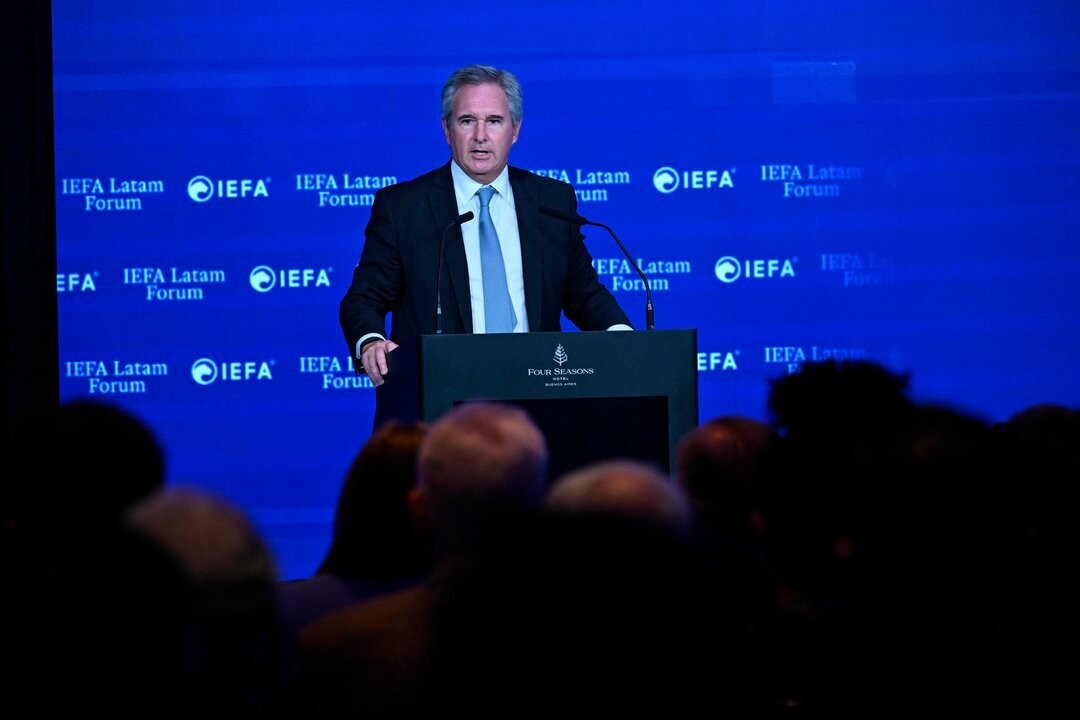
The Secretary of Finance, Pablo Quirno, stated that Decree of Necessity and Urgency (DNU) 179/25, which allows the Argentine Government to negotiate a new agreement with the International Monetary Fund, is part of a "stabilization" plan and described it as another step in this direction. Quirno emphasized that this DNU is not a "blank check," as it has a defined cost for this type of program, and will not increase the country's debt; rather, it will allow for obtaining a loan with lower rates and extended payment terms.
He explained that since December 2023, the Government has been following an unprecedented plan in Argentina aimed at addressing the causes of the fiscal deficit as the main problem of the country. He highlighted that measures have been taken to strengthen the quality of the Central Bank's assets, such as the purchase of non-transferable notes, which has allowed for a 76% reduction in excess pesos, with the goal of moving towards a financial surplus and a system where the peso is a solid currency.
Regarding the financing obtained, Quirno detailed that the 10-year loan, with four and a half years of grace in the payment of capital, will be allocated both to the acquisition of non-transferable notes to strengthen the Central Bank's assets and to reducing the excess pesos in circulation, which is essential for controlling inflation in the country. He clarified that, unlike other agreements with the IMF, in this case there are no conditionalities imposed by the international organization, as Argentina aims to meet specific needs without having exhausted all possibilities.
As for the outlook, Quirno ruled out a possible devaluation and reiterated that the agreement with the IMF does not imply an increase in national debt, but rather a strategy to optimize public finances and reinforce the economic stability of the country in the current context.














